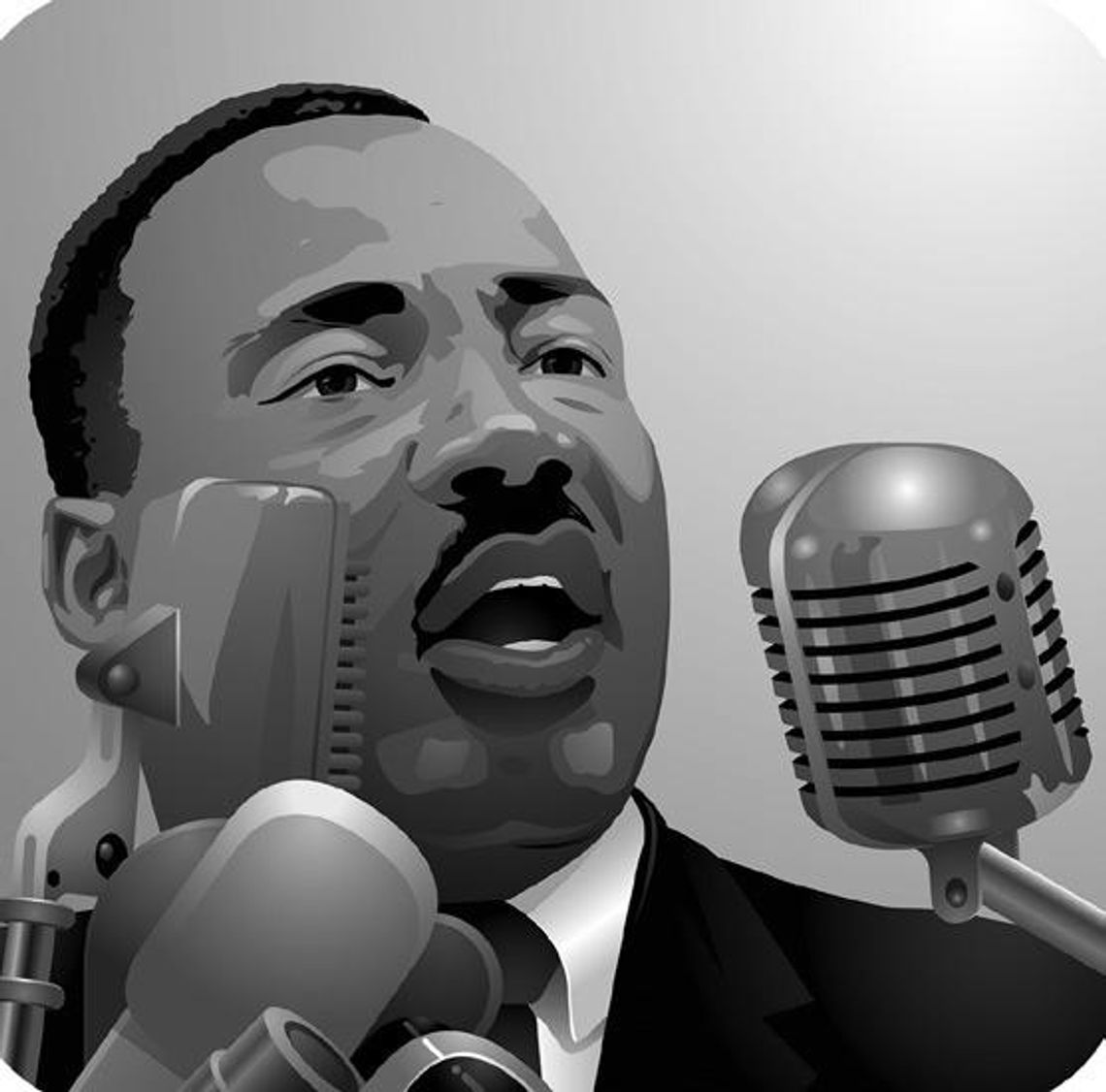Each January, millions of individuals across the United States and even beyond the nation’s borders pause to reflect on the contributions of Martin Luther King, Jr. Born in Atlanta on January 15, 1929, King’s life was tragically cut short in 1968, when he was assassinated in Memphis.
Though King’s life was short, his impact was enormous. Ordained a pastor at the tender age of 19 in 1948, King became an influential civil rights leader who was named president of the Montgomery Improvement Association in 1955 and chairman of the Southern Christian Leadership Conference (SCLC) in 1957. King was a noted writer and orator, and his “Letter From Birmingham Jail,” written in 1963 in response to criticisms of efforts to combat segregation in Alabama, and “I Have a Dream” speech delivered during the March on Washington for Jobs and Freedom continue to inspire millions more than half a century later.
In 1964, King received the Nobel Peace Prize in Oslo, Norway, capping off a year that began with his being named Time magazine’s “Man of the Year” in January. King was shot and killed on the balcony of the Lorraine Motel in Memphis less than four years after he received the Nobel Prize, but his impact continues to be felt and inspire generations of individuals. As the nation celebrates the birth of Martin Luther King, Jr. this January, individuals also can take time to consider the contributions of other influential advocates for civil rights.
• Bayard Rustin: The subject of the critically acclaimed 2023 biopic “Rustin,” Bayard Rustin was a contemporary of Martin Luther King, Jr. who played an integral role in the March on Washington. Rustin was a homosexual and fought for others even while forced to keep parts of his own life in the shadows, as homosexuality was criminalized for much of his life. Rustin maintained a commitment to advocacy throughout his life, as evidenced by his public advocacy for gay rights in the 1980s.
• Fannie Lou Hamer: Born into poverty in Mississippi in 1919, Fannie Lou Hamer became an outspoken advocate for civil rights in the 1960s. A survivor of police brutality after she and fellow activists were taken into police custody after entering a Mississippi cafe where they were refused service in 1963, Hamer also played an influential role in the women’s rights movement and encouraged and inspired many African Americans in her home state to become registered voters.
• John Lewis: The late John Lewis served in the United States House of Representatives from 1987 until his death in 2020. Lewis was born into extreme poverty in Alabama in 1940 but became a widely respected and influential advocate for civil rights. Inspired after hearing a radio address by King in 1955, Lewis ultimately participated in many of the more notable civil rights demonstrations in the 1960s, including the Nashville sit-ins, the Freedom Rides and the March on Washington.
(Courtesy photo)



